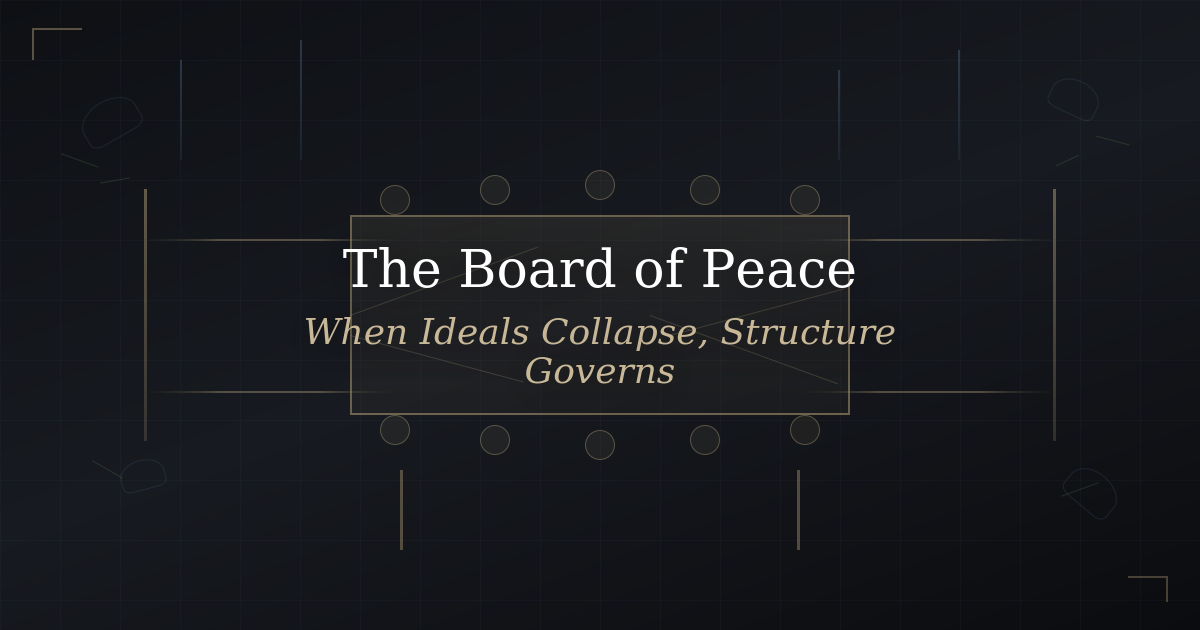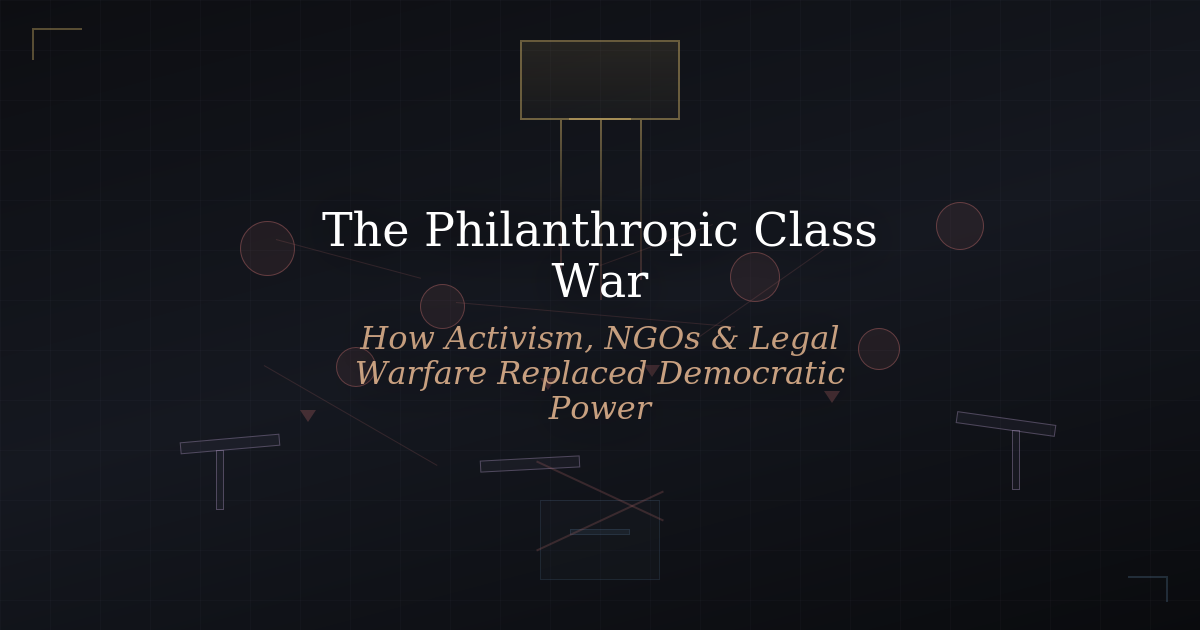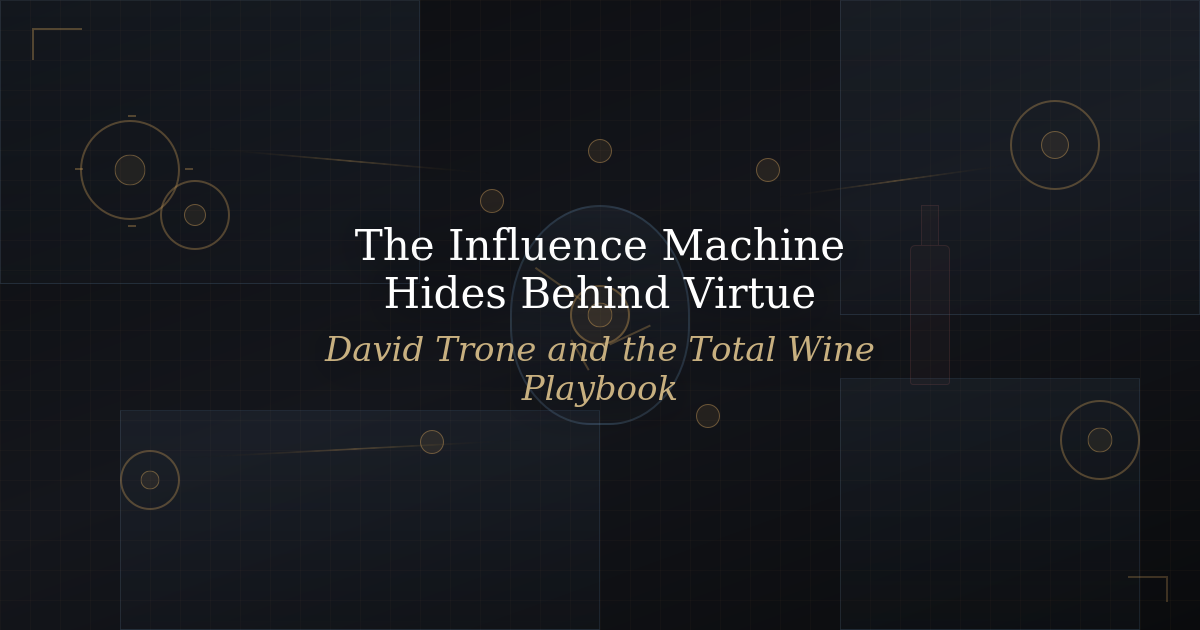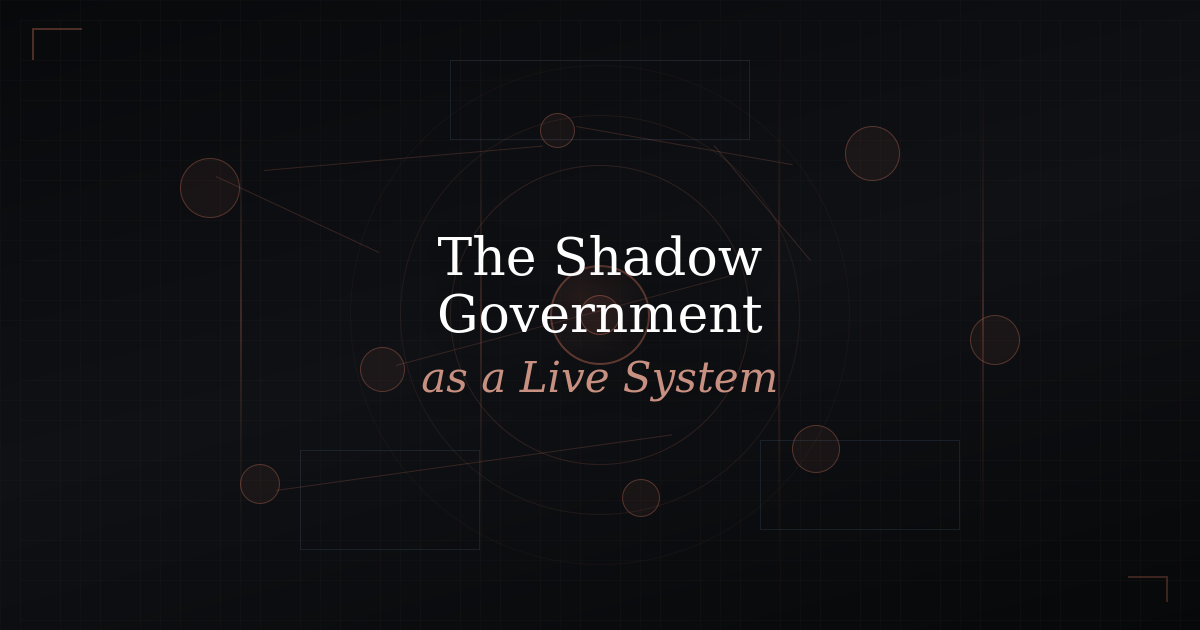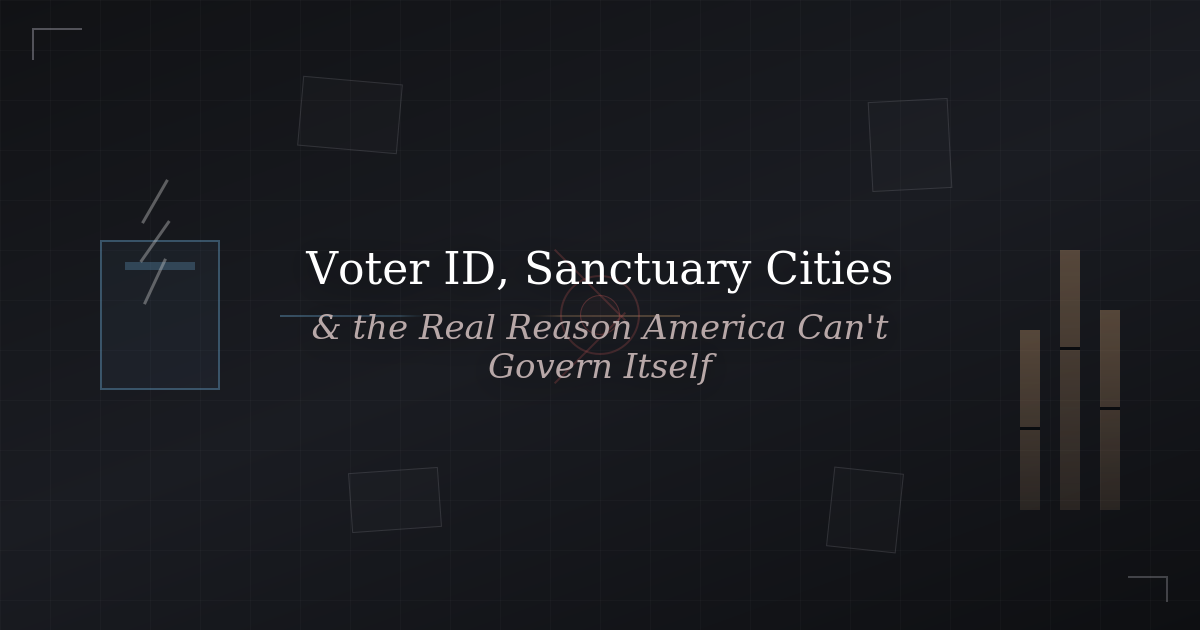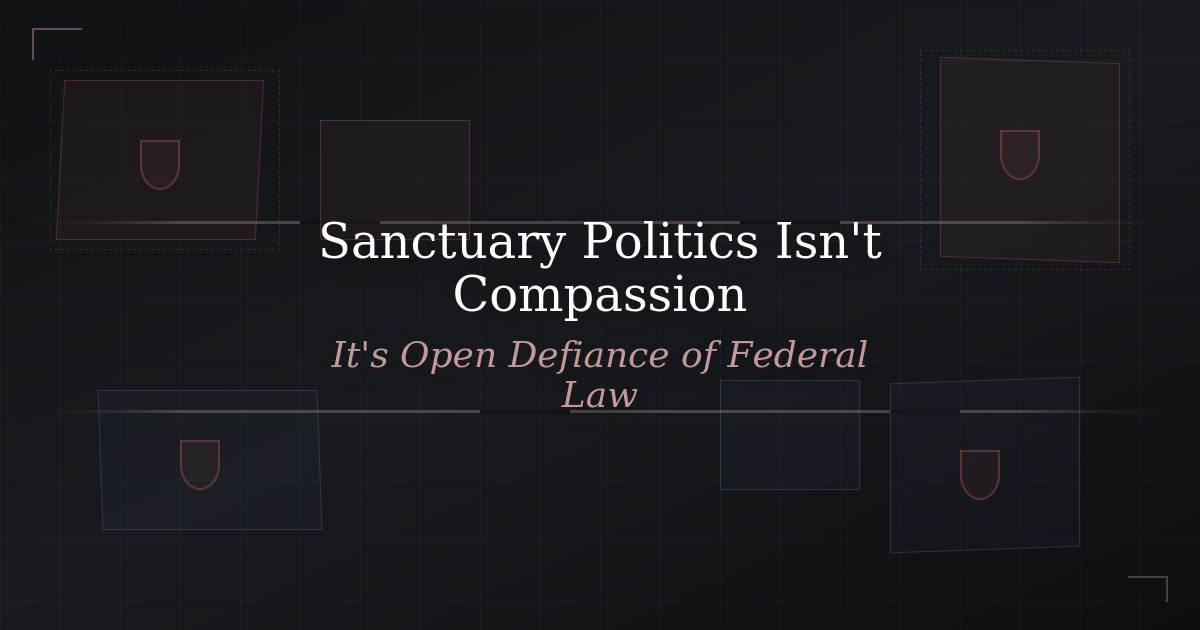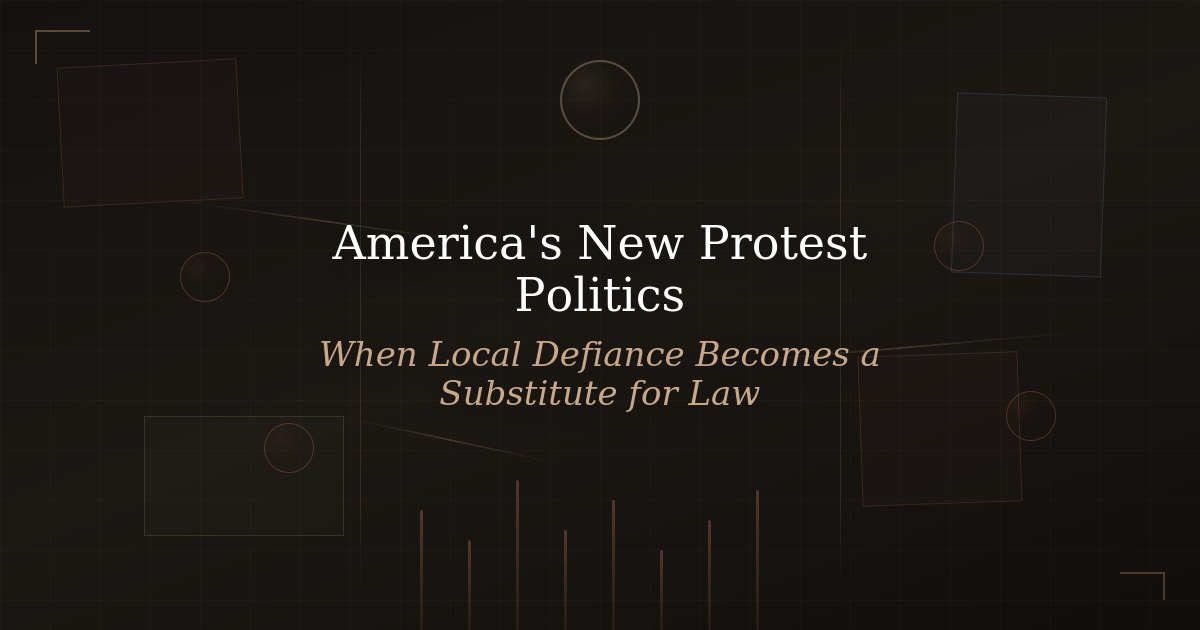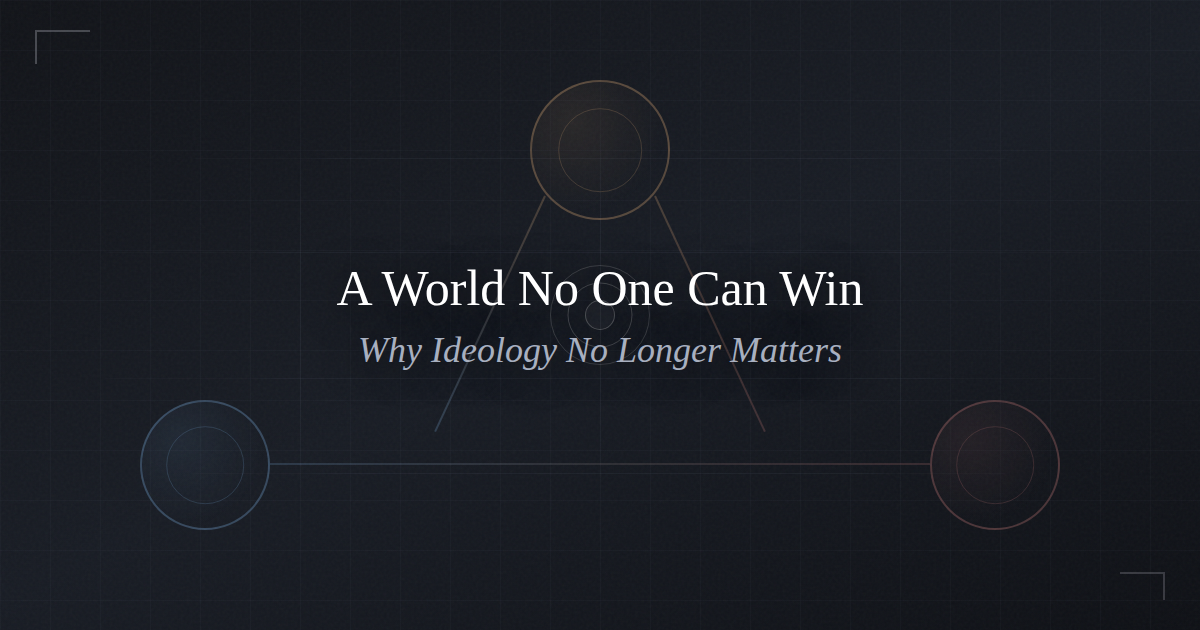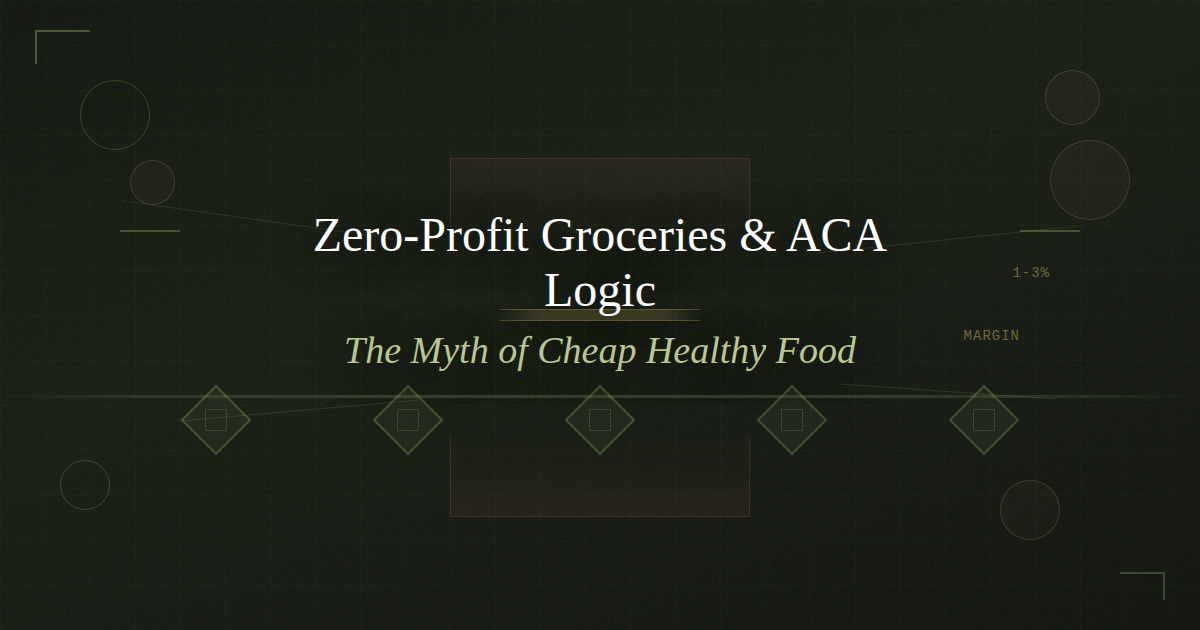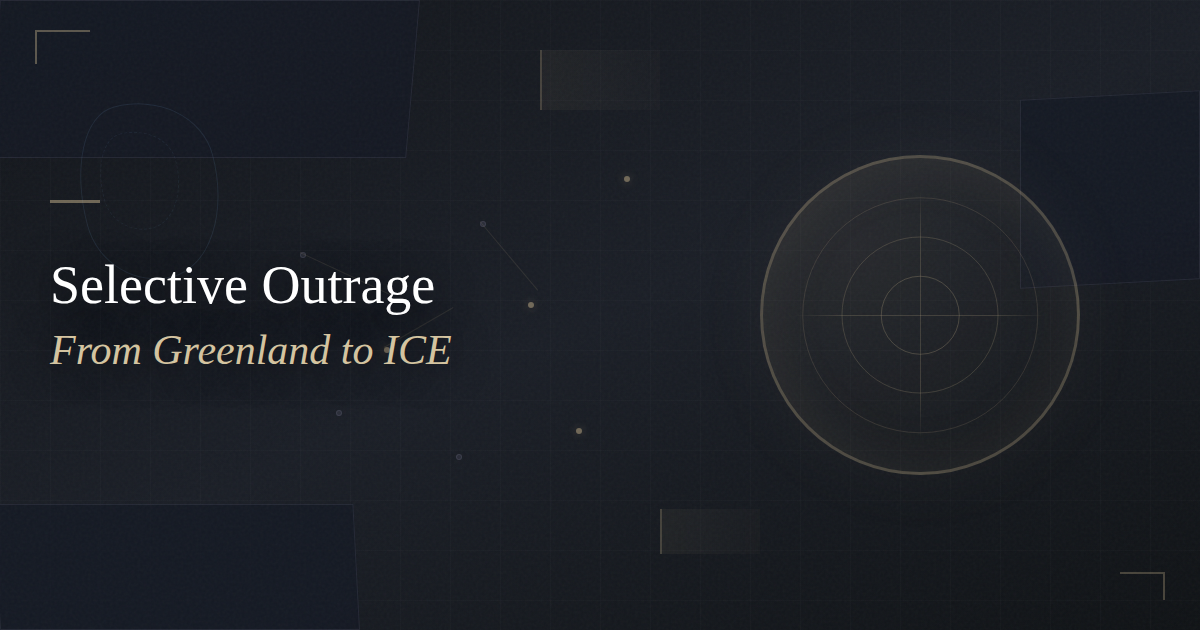Geopolitical Focus | December, 2024
Geopolitical Focus – December, 2024: Global Power Plays: Politics, Media, and Economic Shifts as we head into 2025
European politics remain in turmoil. In Germany, the left is holding on despite regional election victories by the AFD—a political party that current politicians and media challenge as constitutionally illegitimate, denying them cooperation. A similar scenario is unfolding in Austria with the FPO following its recent election success. The arguments made against Trump in the U.S.—calling him fascist or Nazi—are echoed here in Europe.
While Austria recently concluded its elections, Germany faces new elections following a no-confidence vote. The central question remains: who is the alternative? For now, no clear contender exists to challenge Chancellor Scholz effectively. Scholz continues his path of saying and doing little, while others appear more focused on supporting Zelenskyy or addressing climate change rather than solving issues like energy costs and a struggling automotive industry. Immigration policies and involvement in unnecessary wars only deepen despair. Yet, criticism unites them all—labeling dissenters as far-right Nazis.
In France, Prime Minister Barnier lasted only a few weeks in office. The coalition of left and right parties successfully blocked the Le Pen party from entering government, prioritizing power over the people's will. However, this approach only pushes more supporters toward Le Pen. New elections in France seem inevitable, as President Macron—hailed as a savior of democracy—continues to act in an increasingly authoritarian manner.
Some argue that a form of “Trumpism” could unite Europe and bring an end to wars, though hostilities would likely persist. The U.S., which has meddled in elections before—such as in Georgia in 2024 and in Ukraine in 2014—continues its efforts to undermine Russia. Yet, dialogue is needed, not war, to ensure Russia doesn’t turn fully toward Asia. As for the Middle East, Israel must learn to live within its borders. Expanding settlements only casts settlers as invaders, undermining the hope of being seen as heroes by the international community.
The Influence of Media, accusations have surfaced that governments sponsor certain newspapers in Germany (and Europe). Many of these papers seemingly echo the doctrines of CNN and MSNBC, championing democracy while labeling dissenters as Nazis or fascists. Can this also be considered election interference?
A multinational investigation raises serious allegations against a research network linked to Spiegel and Süddeutsche Zeitung. The investigation suggests the network is covertly funded by the US and other governments, with the US government contributing nearly $12 million in 2023 alone and holding veto power over key organizational hires.
A Prime Example of media influence is the portrayal of Viktor Orbán , Hungary's Prime Minister. In diverse nations like Hungary or even the US, ideological misrepresentation often distorts leadership. Critics frequently fail to respect election outcomes, branding leaders as evil if they diverge from preferred ideologies. For certain media outlets, defying EU norms or opposing wars is enough to label someone a dictator.
South America, particularly Brazil and Argentina, has long been influenced by Europe, with many industries controlled by European companies. Recent trade disputes suggest the EU is prioritizing German interests, raising questions about the fairness of EU trade policies. Once, bilateral agreements allowed countries to represent themselves in trade, fostering consensus over favoritism.
The Paris-Berlin rift is critical because negotiating trade deals is one of the EU Commission's most important roles. France's repeated vetoes to the Mercosur deal have frustrated Germany, prompting some German leaders to consider reclaiming control over their trade policies.
At least Europe is engaging in talks and trade, even amid internal rifts. In contrast, US trade policies often result in drugs, migration, and guns. What has been the Biden administration’s strategy for South America? Career politicians often focus on political objectives rather than fostering strong international relations.
Foreign crises, particularly those in Latin America, have had significant implications for US politics. Issues like the spread of mafias and refugee migrations to the southern border often overshadow more distant conflicts in shaping US electoral outcomes.
Biden has appointed more career diplomats as ambassadors than his predecessor, Donald Trump, who often nominated campaign donors. While Biden was expected to restore America’s diplomatic standing, many of his appointees remain criticized for prioritizing political agendas over effective diplomacy.
President Biden recently announced another aid package for Ukraine , underscoring his administration’s reliance on military solutions. Critics argue his policies are driven by ego and elite interests, emphasizing war over diplomacy. Current global conflicts demonstrate the failures of these approaches, turning regional disputes into global crises.
The real risk of a Trump-Putin deal lies in the potential concessions to Russia that could undermine Western alliances and allow Russia to recover and prepare for future aggression. Effective diplomacy must balance peace with realistic compromises, including recognizing Russia’s historical ties to Crimea and addressing NATO’s role as a perceived warmonger.
Blinken and NATO leaders continue to pledge military aid for Ukraine, emphasizing the importance of fortifying its position before the Biden administration’s term ends. However, the ongoing strategy seems to prioritize not losing the war rather than achieving meaningful resolutions.
The result? More casualties, escalating tensions, and little progress toward lasting peace. Is this truly a victory?
Argentina’s Miracle, created by a so-called fascist ? Critics of Argentina’s left blame their failures for the country’s decline, while detractors of the new government brand its leader a dictator. His proposed shock therapy promises economic restoration. Early signs are promising, but the question remains whether it will hold up over time.
In his speeches, Milei emphasizes the harshness of his reforms as a measure of their credibility: "That’s what gave us the credibility to carry out the work we’ve been implementing all year," he told business leaders last week.
In just one month of governing, Milei achieved Argentina’s first fiscal surplus in a decade. Inflation dropped from 25.5 percent in December—when the peso was devalued by 52 percent—to 2.7 percent by October, marking a significant achievement. The country’s risk rating, monitored by JP Morgan, fell from 3,000 points to below 740—a historic low.
Backed by a confrontational narrative, Milei has eliminated over 30,000 public sector jobs, reduced ministries and state agencies, frozen public works projects, and intensified crackdowns on protests. His pledge to "end the caste" of politicians and fight against "the impoverishing left" has defined his approach.
Crimes, Hate, and Tremors, an insightful piece by Jean-Daniel Ruch , delves into the importance of listening to the people rather than special interests. Another intriguing article, "Law and War," explores similar themes. These reads shed light on global conflicts, illustrating the distinct dynamics of wars in regions like Ukraine and Syria. Tucker Carlson’s interview with Sergei Lavrov further raises questions about how deeply misunderstanding and mistrust have fueled conflicts. Are labels like "Trump the Nazi" and "Putin pure evil" helping or hindering dialogue?
Meanwhile, Israel’s bombardment of militia targets in Syria continues as rebel groups, some designated as terrorists, claim victories over the Assad regime. While this may divert attention from conflicts in Ukraine and Israel’s internal strife, the larger question remains: what’s next? Stability in Syria could pave the way for returning refugees, but so far, the main winner appears to be Turkey. Diplomacy failures in the region, such as the ouster of Gaddafi in Libya , highlight recurring patterns of instability exacerbated by external interference.
For a broader perspective, this article offers deep philosophical insights into the rise and fall of republics. Perhaps leaders like Trump might draw inspiration from historical figures like Marcus Aurelius or the great Roman emperors , guiding their nations with wisdom and foresight.
Reminder to America: How republics succeed, falter, and fail
Will Trump’s Team Establish a global equalizer with its trade policies? Measures like tax cuts, tariffs, and investment strategies could foster economic stability through low unemployment and increased buying power. However, achieving global peace requires investment in local improvements, not domination. Private equity, akin to oligarchy, often undermines this goal—just consider Blackrock’s moves in Ukraine. True democracy requires empowering people to control their destinies through sustainable investments.

